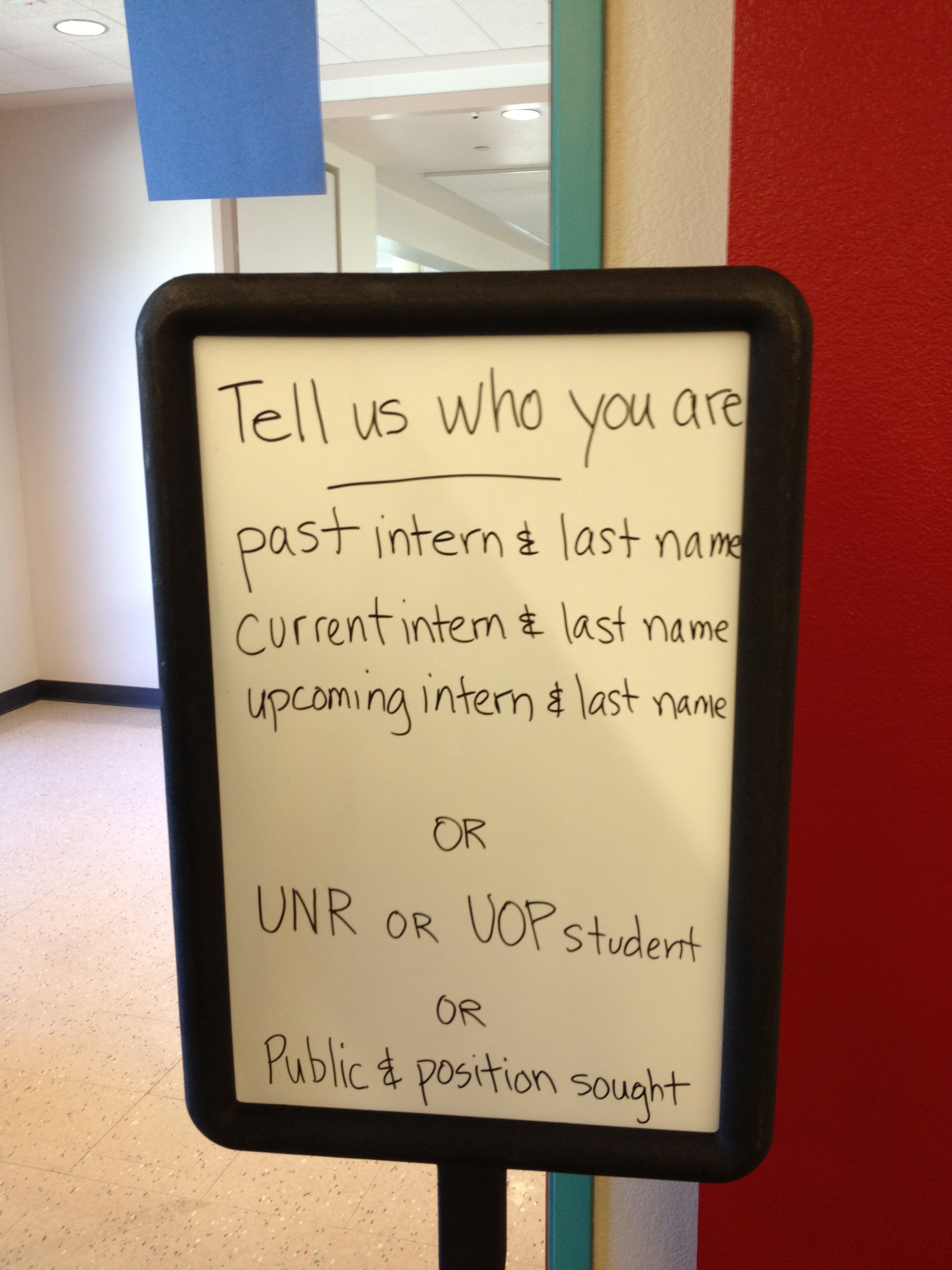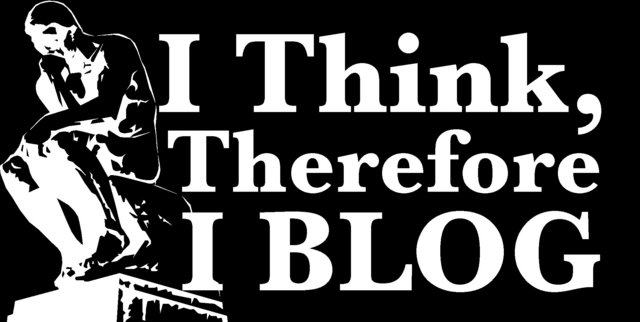Thinking about studying in the U.S.? Chances are, you’re new to its education system, culture, study skills, communication styles, and professional networking. Well, have you ever considered how to prepare for the differences between your norms and what you’ll experience in the US?
You might think,
“Well, I traveled to the U.S. one time many years ago and I plan to watch American movies. Will that be enough preparation?”
No! The first year in the U.S. is critical for international students, and if they’re not ready for academic and cultural differences, they can experience significant hardships with school as well as a loss in time, money, and quality of life.
So how can you avoid this? Prepare early for U.S. academics and culture at home.
Use these 8 preparation tips to learn about study skills, culture, networking practices, and day-to-day life management strategies to help with faster adjustment and success at your new institution.
1. Connect with Students at Your Future School on Social Media
One way for you to feel connected to your future school and new home is by joining Facebook groups and other social media. Search your new school’s website for student clubs and organizations that interest you. After selecting one or two of your favorites clubs to join, connect to their social media sites. If these are unavailable, try searching for student groups specific to your university or general social media groups in the local area.
By introducing yourself online and following the group’s updates, you can begin new friendships with others who share your interests. You can also get information on events happening in your destination city. You’ll be able to enter university with a better sense of your surroundings and have more conversation topics to choose from.
Note: It’s not encouraged to “friend” individual people that you do not know / have never talked to on Facebook.
2. Watch Videos by Other International Students and Professors
Watch free online videos to learn what other students and teachers recommend. International students in the U.S. share what they have experienced and American students and faculty share strategies to succeed at their school. Depending on where you’re moving to, these people can help you avoid problems. Watch videos fromTaraMaddendent.com, YouTube, or Vimeo.
3. Attend U.S. Study Abroad Fairs
Attend U.S. study abroad fairs in your country and ask school representatives practical questions like:
What pre-departure preparation classes does your school provide for international students?
What support services are available for me after arriving to campus?
Who can I email at your school to learn more about day-to-day life as a student?
Follow up with the new school connections through email and social media. It’s amazing how these professionals can help you prepare for U.S. study.
4. Practice Speaking English
Become more comfortable speaking English by practicing with English speakers and American natives in your country by attending English and culture clubs. Many clubs are free and can be joined through Meetup.
Another way to practice English and to learn about American culture while in your country is by volunteering at U.S. army bases, churches, or companies. If you prefer online strategies, you can also use chat programs like Conversation Exchange or interactive English learning websites.
5. Plan Your First Three Weeks
Give yourself something to look forward to when you first arrive and plan things to do in your first three weeks. Look at your school’s event calendar and add those you want to attend to your personal calendar. Look for a new gym, coffee shop, or place of interest and make a time to go there. Sign up for a fitness class or Meetup event.
Fill up your first 3 weeks in the U.S. with these events and give yourself a busy, but manageable schedule.
6. Take a Trip Before You Go
If you can, consider taking a trip to the U.S. before taking the leap to study abroad. International students who can travel to America for vacations, attend a U.S. high school, or study in short-term programs have unique opportunities to experience the country’s culture and academic systems.
Many international students who participate in summer or winter camps will be able to recognize if an American school is a good fit for their academic goals. These students are able to better prepare for language, culture, and academic differences through these prior experiences.
7. Use Free Online Resources
You can also learn about U.S. history, culture, and social norms online. Blogs and government websites are great tools for learning how to bridge differences between your culture and American culture. The U.S. State Department offers pre-departure support in their article titled 5 steps to U.S. study.
If you currently live near a U.S. Embassy, consider attending an EducationUSA pre-departure orientation where advisers and U.S. alumni provide information and resources to help you prepare for what you’ll experience in the U.S. To locate a center near you, visitEducation USA’s list of advising centers.
8. Earn Credits and Take an Online Preparation Class from a U.S. University
For the first time ever, American universities and colleges are offering international high school and undergraduate students online classes to help them prepare for studying in the US. These online university classes provide academic credits towards an undergraduate degree. You’ll learn strategies to earn higher grades, perform better in American classrooms, learn networking skills, how to bridge cultural gaps, and manage culture shock.
One class example is ELEC 110: U.S. Academics and Culture, a class offered by Sierra Nevada College, for international high school and undergraduate students. This four year private school provides international students with a letter of recommendation, certificates, and Priority Admission to their campus in addition to three transferrable credits towards an undergraduate degree. Scholarships are available for this program.
After taking this course, a high school student in Japan said, “This class has helped me prepare for the U.S. university. I have more confidence in myself because now I know what to expect in the U.S. university and cultures.”
But why do U.S. schools want international students to take online preparation classes? International students who prepare with formal training are more ready for schooling, language and communication, socialization, internships and employable positions in America. Since this option is new, here’s a basic list of what you should expect to learn in an online U.S. preparation class and the benefits you’ll earn.
What you’ll learn
Study skills, classroom etiquette, and presentation skills
How to write a college paper and take good class notes
How to get to know your American professor and earn better grades
Ways to prepare for quizzes and examinations in the US
US culture and communication skills
Time and health management skills
How to meet American friends and future employers
What you’ll gain
A competitive advantage on your school application
A U.S. transcript record with up to three academic credits towards your degree
A letter of recommendations from U.S. professors
A certificate of completion for your job resume and employment applications
Priority admission to select U.S. schools
Discounted online university tuition and special scholarships
Professional readiness for employment
Why You Should Prepare in Advance
Too many international students and their parents assume adjusting into U.S. classrooms and culture will be easy, but ultimately find that assimilation is way more difficult than they expected. In fact, research indicates that unprepared international students can experience academic troubles, misconduct penalties, culture shock, poor health, and even depression. They don’t achieve their academic or language goals, and some even drop out or transfer schools.
International students who prepare at home adjust faster in the U.S. with more confidence and skills to earn higher grades, live healthier lifestyles, develop English skills faster, and become more professionally ready for internships and employment. In fact, U.S. universities require international students to complete academic and cultural training because it’s critical for their success and well-being.
Unfortunately, most training takes place after international students arrive in the U.S., at a time when their energy and attention are split between many new responsibilities: mandatory orientations, moving in, class placement tests, joining clubs, finding classrooms, buying textbooks, and meeting new people, among many others. This is in addition to physical strains from time zone differences and recovering from international jet-lag.
Remember, the first year in the U.S. is critical for your success and health. Regardless of how you prepare for studying abroad in the U.S., it’s important that you do. Save yourself from the unnecessary hassle, time, money, and energy resulting from being unprepared.
Start preparing when before traveling to the U.S. to adjust faster with more confidence, more friends, higher grades, better communication skills, and a higher quality of life.




